
Hungary in Gaza Board of Peace: Unity or doubts?
While Hungary expressed enthusiastic support, several major European powers rejected Trump’s latest initiative, the so-called Board of Peace.
A collection of 16 posts

While Hungary expressed enthusiastic support, several major European powers rejected Trump’s latest initiative, the so-called Board of Peace.
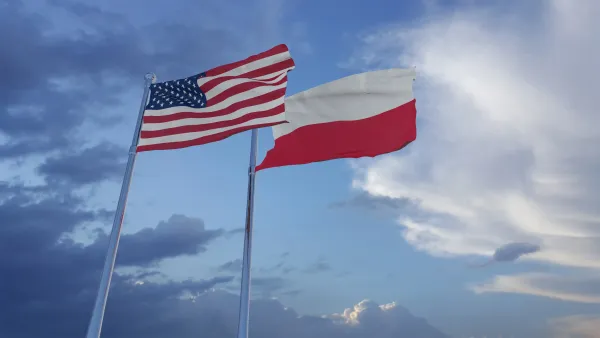
In Poland, many fear the country could be caught between two fires if the United States were to take concrete steps toward acquiring Greenland.
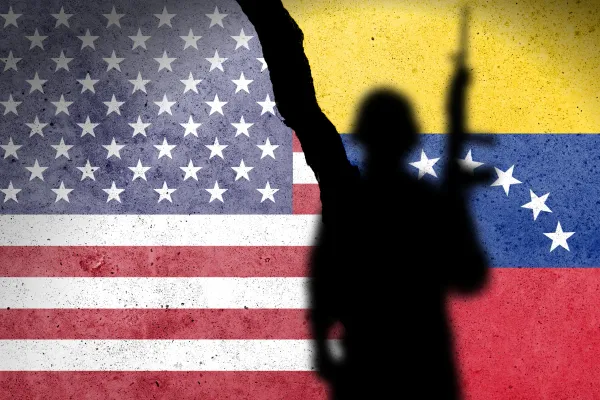
The aftermath of Trump’s Venezuela move remains unclear, but CEE states are likely to be impacted indirectly by oil prices and EU sanctions.
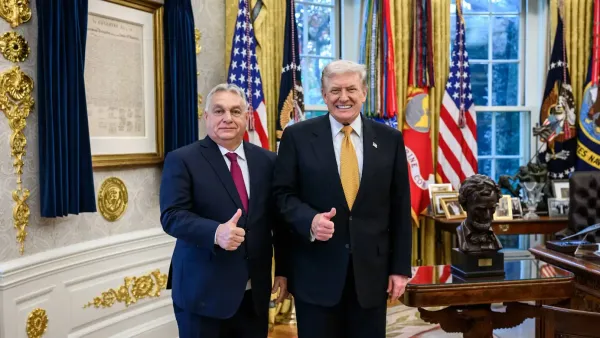
Orbán’s White House visit secured Hungary’s US sanctions exemptions and imply the start of a golden era in bilateral ties.

Ukrainian drones have struck at least 10 key Russian energy facilities this month alone, according to US news channel CNN. Attacks on 12, 17 and 21-22 August all targeted Druzhba's same pipeline’s southern leg.
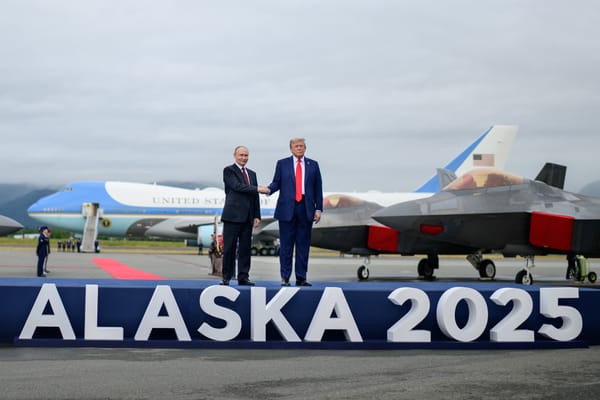
While Hungary and Slovakia welcomed the diplomatic efforts, fellow Visegrad Four members Poland and Czechia joined the Baltic states in rejecting any settlement that bypasses Ukrainian sovereignty.

Slovak Prime Minister Robert Fico said Ukraine would bear the cost regardless of the outcome of a planned summit between US President Donald Trump and Russian President Vladimir Putin.

European Commission (EC) President Ursula von der Leyen agreed a new trade deal with US President Donald Trump at Turnberry, south-west Scotland, on 27 July, setting a ceiling of 15% on tariffs for EU goods and averting a wider transatlantic escalation.
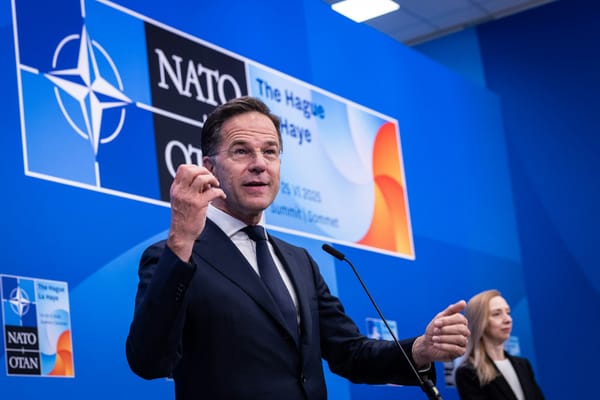
Under the Hague Investment Plan adopted on 25 June, NATO members committed to raise annual defence-related spending to 5% of GDP by 2035. The 5% comprises 3.5% on conventional military capability and 1.5% on infrastructure, cyber-defence and civil preparedness; including support for Ukraine. cet
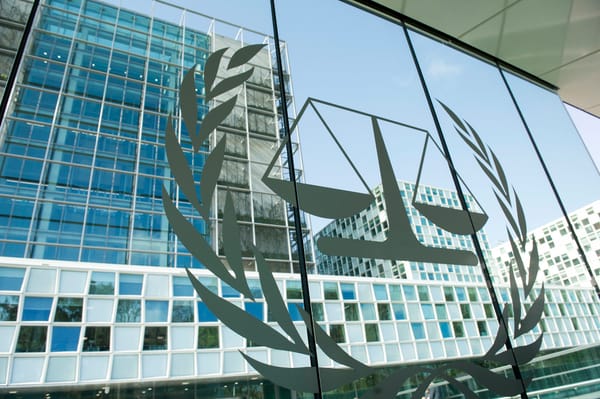
The withdrawal will take legal effect on 2 June 2026, making Hungary the first EU member state to exit the Rome Statute, which underpins the ICC’s jurisdiction to prosecute war crimes, crimes against humanity, and genocide.
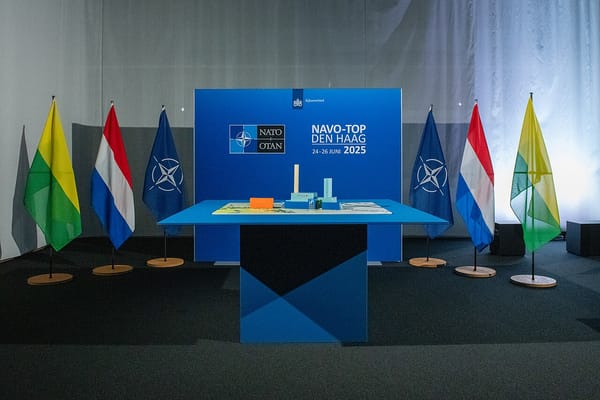
The People for Peace coalition, which includes left-aligned Dutch lawmakers and activists with prior ties to Russian disinformation networks, is expected to stage events near the World Forum venue and at key traffic corridors.
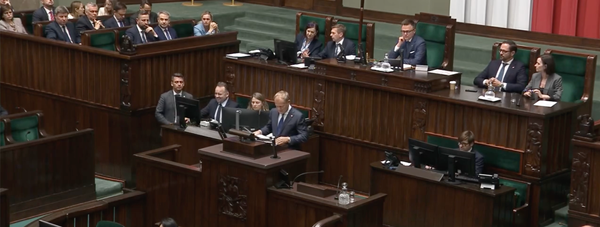
Tusk acknowledged the expected use of veto by President-elect Nawrocki, as did outgoing President Andrzej Duda during the first 18 months of the KO's term. The KO does not have the 3/5 supermajority, or 276 out of 460 seats, needed to overturn a presidential veto.c
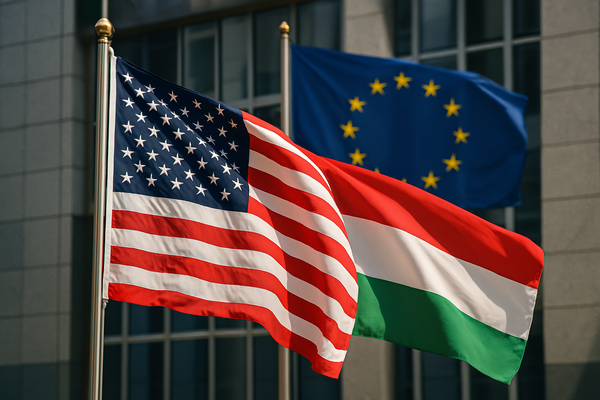
Hungary has broken ranks with the EU in response to the US's new tariffs policy, as Hungarian Prime Minister Viktor Orban seeks to preserve close ties with the Trump administration amid the resultant trade tensions. Hungary pushes back on retaliatory tariffs The EU confirmed on 9 April that
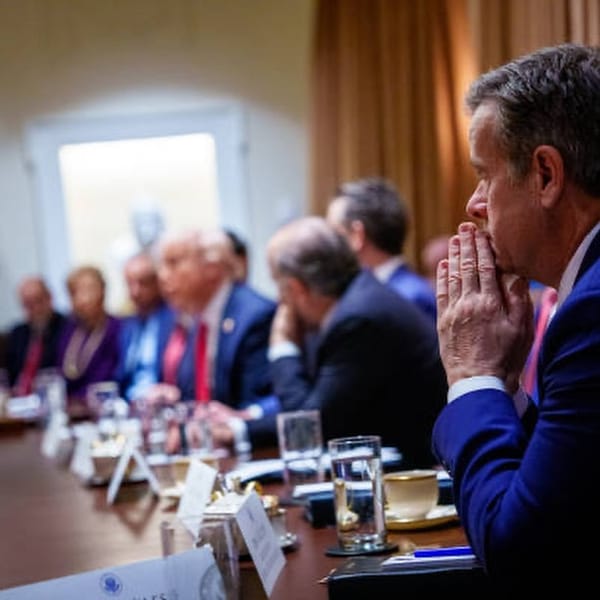
Trying to figure out the rationale behind Trump’s “trade revolution”? Don’t bother, there isn’t one. It is rooted in delusion, yet the consequences are real, and already here for us all. What is coming has the potential to turn into a recession equal to the most destructive
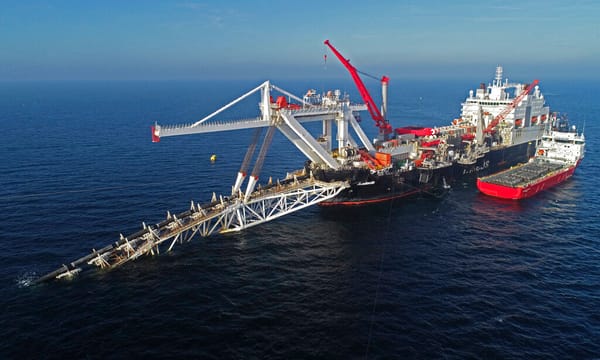
The US and Russia are discussing the potential reopening of the Nord Stream 2 gas pipeline, raising significant concerns across Europe, according to media reports. The natural gas pipeline, which runs beneath the Baltic Sea, aimed to double Russian gas exports to Germany. However, it has remained inactive since its